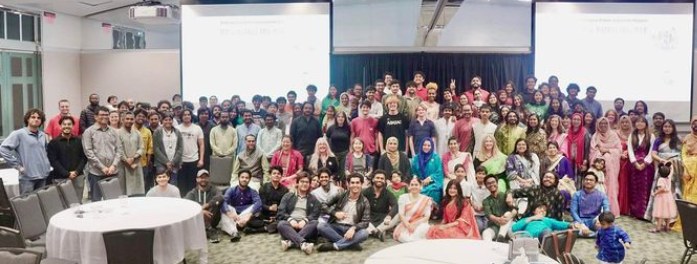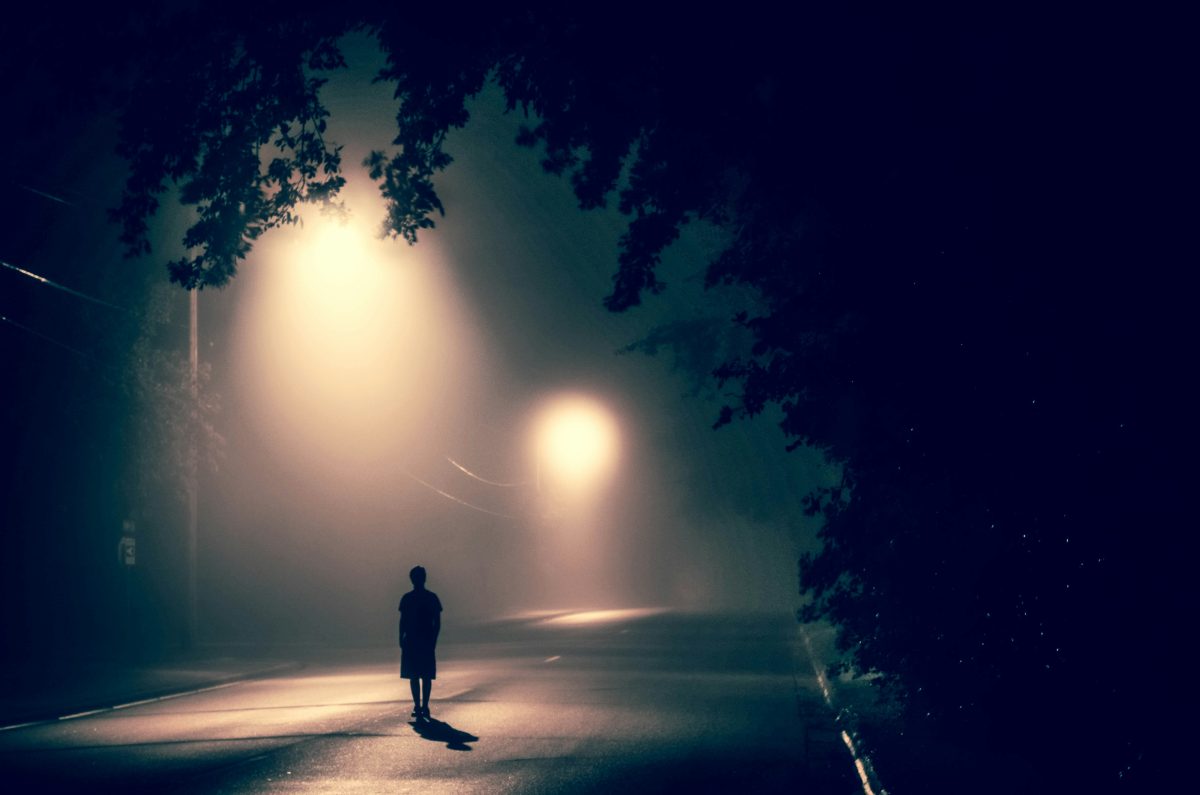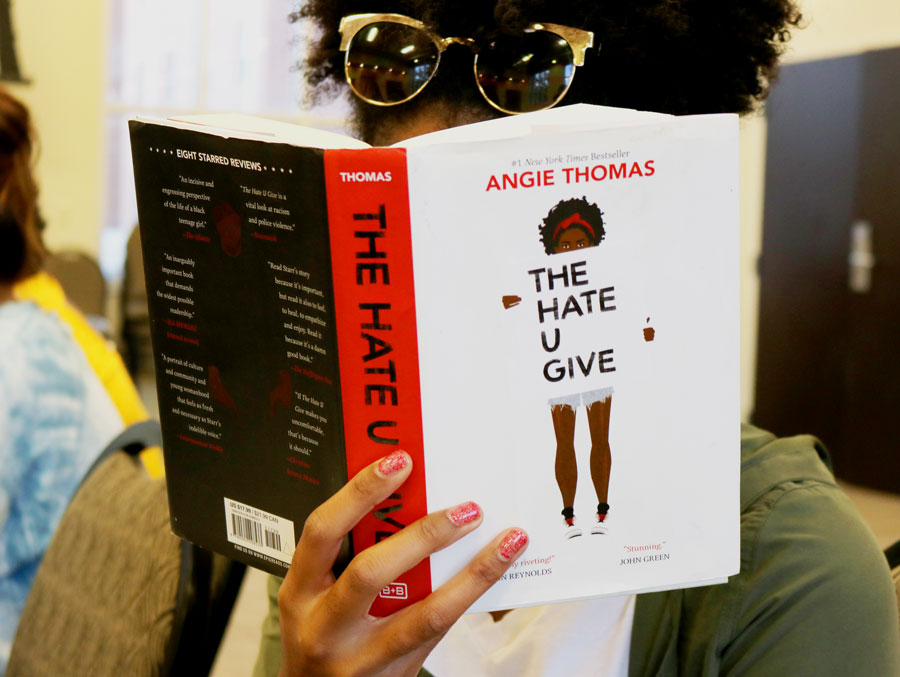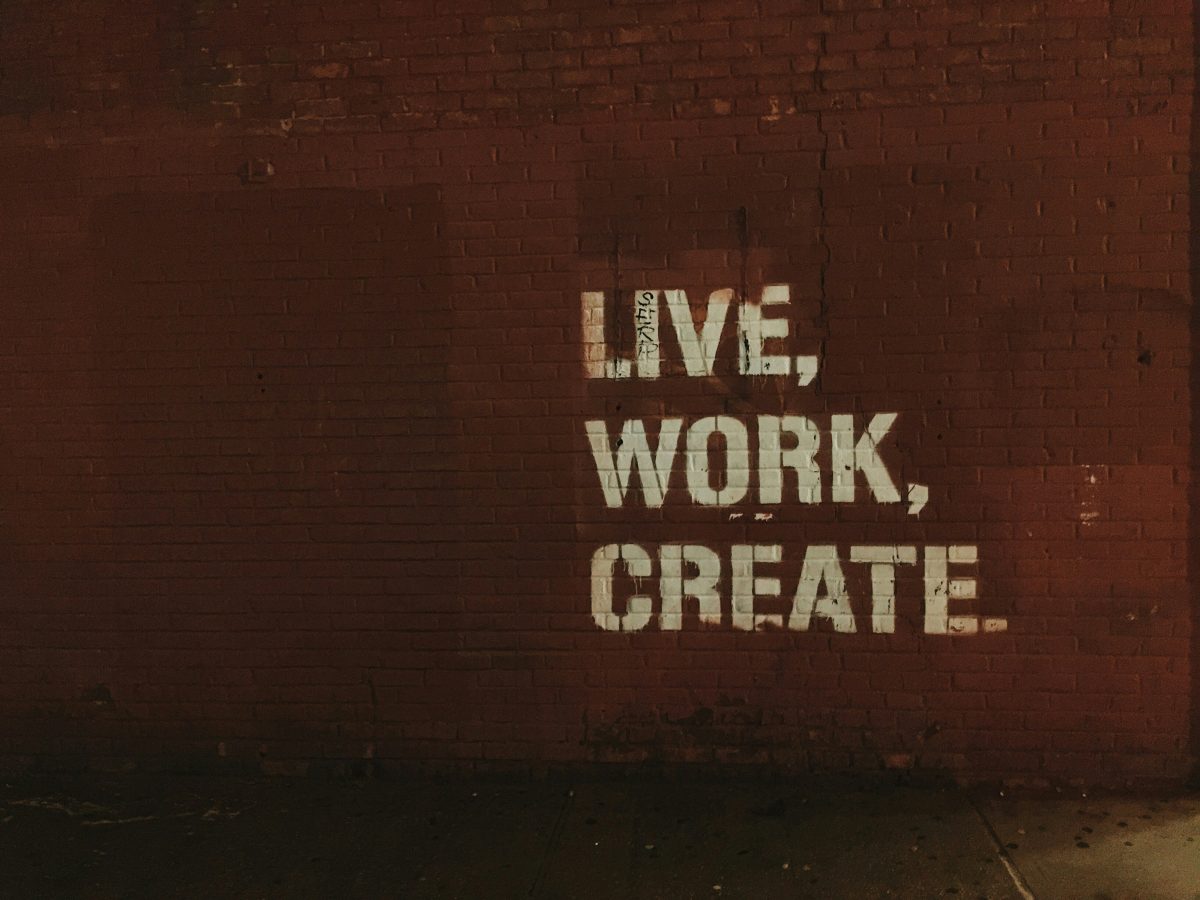When author of The New York Times bestseller “The Hate U Give” Angie Thomas cancelled her University Forum appearance in March, an Honors College student made plans for her peers to discuss the book on the night of Sunday, April 15.
Published in 2017, “The Hate U Give” is the story of AfricanAmerican teen Starr Carter and her life after the death of her friend Kahlil, who was killed by a police officer. Because Starr was the only witness to Khalil’s death, she struggles to grieve while dealing with the burden of explaining police brutality to her wealthy, white friends and becoming an activist for her community.
Freshman social work major Kelsi Ford chose the book because of its relatable themes.
“I knew that some people hadn’t read the book because I know that reading isn’t a big part of a lot of people’s lives even if they are passionate about things that start with reading,” Ford said. “I felt that concepts in the book whether we’re talking about family or police brutality or the media, anything of that nature, I felt that even if you hadn’t read the book that you could be a part of the conversation.”
The two-hour discussion was guided by eight questions about the acronym T.H.U.G. L.I.F.E., parent-child conversations about interacting with officers, media portrayals of black men and code-switching. Although the questions were designed around the content of the book, the group of 25 predominately African-American participants shared their own personal experiences about leaving bad neighborhoods, family members in prison and mental health.
According to a 2016 report by the U.S. Department of Health and Human Services Office of Minority Mental Health, adult African-Americans are 20 percent more likely than white adults to report psychological distress and feelings of hopelessness.
However, because five percent of psychologists are African-American, causing fear of sympathy regarding cultural differences, and mental health stigmas in African-American families, some cases still go unreported, according to the American Psychology Association.
Freshman business administration major Joshua Williams assisted Ford in directing the conversation.
“Actually, for the most part of today I’ve been researching minority mental health, and a lot of the topics that we discussed- a lot of these racial disparities that we talked about- a lot of underlying causes is mental health. We just like to wipe our hands and skip over that, but it was really great to hear everybody start to open up eventually about different things and give different perspectives,” Williams said.
Racial trauma has also been linked to PTSD, depression and anxiety in African-Americans. During the discussion, participants talked about how their own interactions with law enforcement have triggered these feelings.
Sophomore elementary education major Asia Montgomery said she was arrested in early April for reckless driving and speeding on the highway.
“After seeing what’s been going on in the news, I was very thankful that [the officer] was black. I felt a lot more comfortable,” Montgomery said.
She said she was thankful that she remained calm during the ride to the local jail and her short stay. “I was in there for maybe 45 minutes, but it was the scariest place I had ever been.”
Montgomery said she would tell her future children to be obedient if they were stopped by the police, saying that if she would have yelled or resisted arrest that she knows her outcome could have been much worse.
“I appreciated Asia coming in and giving her personal account with the police and going to jail and the fact that she teared up and cried and felt like she could do that in this environment. I felt affirmed that I could create an environment for people,” Ford said.
Freshman political science pre-law major Jourdan Green agreed with Montgomery. When she was driving to Raising Cane’s with Williams she noticed the police had blocked the entrances to Cane’s and Cookout and asked a nearby officer if the area would be closed for the rest of the night.
“I said ‘excuse me’ and everything. I put on my professional voice. Then the police said, ‘The roads are blocked, ain’t it?’ Just disrespectful as heck,” Green said. “I thought to myself this is part of the reason why we get in so much trouble because what if we don’t know how to hold our tongues?”
“It was hard for me to hold my tongue. You’re not going to speak to me in that way when I was respectful to you. When I think about people who weren’t raised to hold their tongues and to not respond back, I think about how this is part of the reason. They provoke it,” Green said.
“Silence is a good thing, but it’s hard to do,” she said.
Ford said she was satisfied with the turnout. “Every advocacy starts with a conversation, and that’s what I wanted to spark tonight,” Ford said.
Williams said he hopes the participants realized how their knowledge can impact others. “I hope that they understand that they now have a responsibility to now use their voice because they have a platform. Their platform is college. They are on their way to becoming college-educated people of society, so this is a platform that they can really use to advocate and pull younger people forward.”
Ford is planning to start a literacy-centered social justice organization in the fall. Those interested in joining the organization should contact her at [email protected].
































